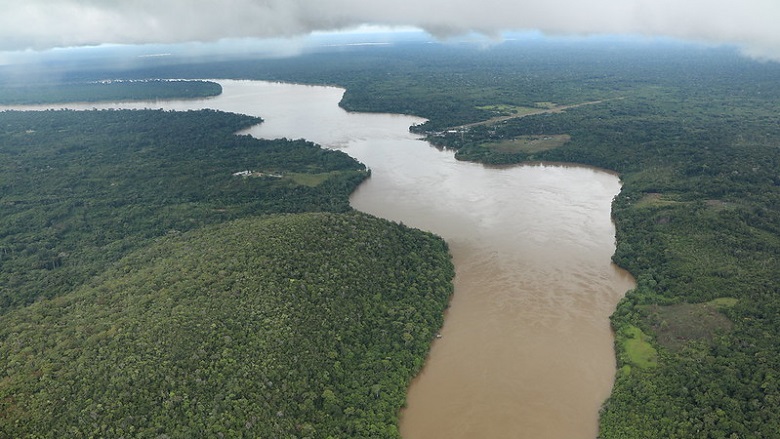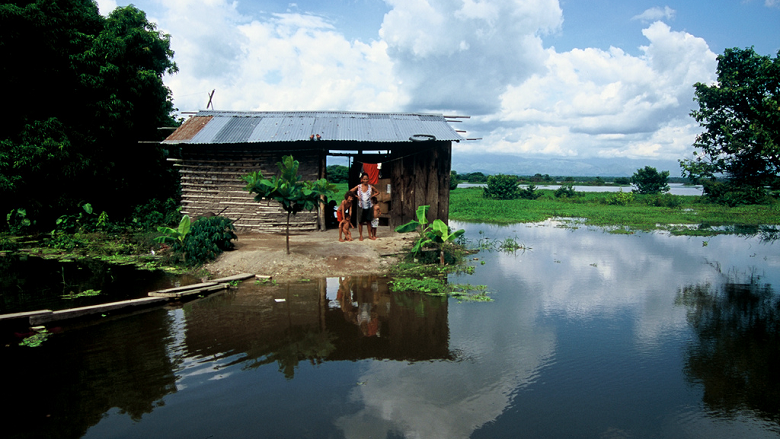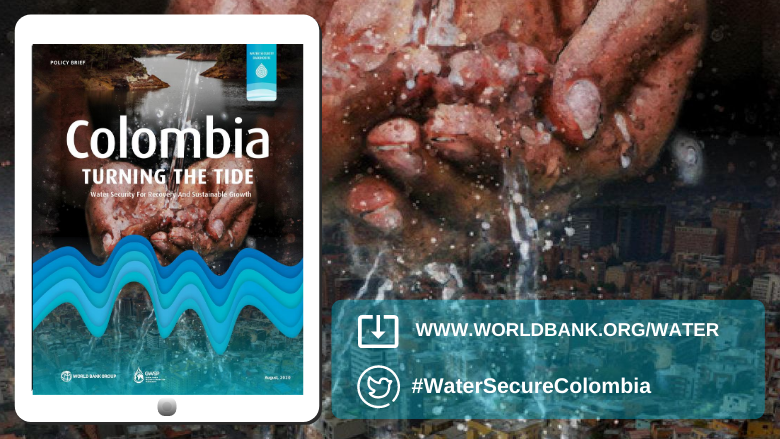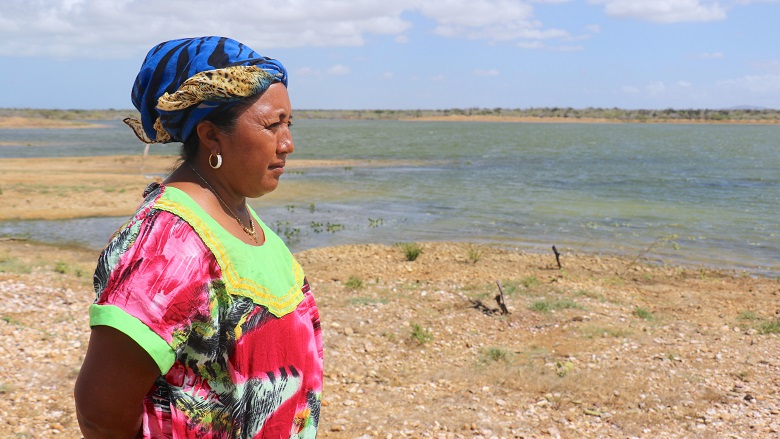Colombia is a country with vast water resources. It's one of the nine water-rich territories in the world, yet one-third of its urban population lives under water stress. During the last two decades, due to climate change and population growth, water availability has been declining. From extreme droughts to severe flooding, Colombia is already experiencing symptoms of water insecurity across the country that reflect its problems of “too much, too little, and too dirty” water.
A new report, Colombia Turning the Tide: Water Security for Recovery and Sustainable Growth, examines ways to mitigate the negative impacts of these water shocks and suggests priority investments to improve the water sector’s performance and catalyze the sector’s potential to boost growth and post-COVID-19 recovery.
For the post-COVID-19 era, Colombia has developed a recovery plan that includes four cornerstones: 1) generating jobs, 2) green growth, 3) targeting support for the poor and vulnerable, and 4) focusing on rural areas, peace, and security. The right investments in water security will lead to job creation, balancing of green and grey infrastructure, and improved health for the poor and vulnerable. Incorporating these investments in territorial development will reduce both migration to cities and the number of internally displaced people. It will also promote peace and security.

Water Challenges for Colombia
According to studies conducted by the Institute of Hydrology, Meteorology and Environmental Studies, 391 municipalities are already at risk of water shortages, and the long-term trend suggests that many more will follow this course. Climate change is increasing anomalies in precipitation, and average temperatures are predicted to rise by up to 2.14° C by the turn of the century. The likely result will be greater numbers of droughts and floods, more frequent and intense El Niño and la Niña, and continuing rapid loss of glaciers, which have already retreated by 60 percent in the last 50 years.
Water pollution, another major issue, is increasingly fouling Colombia’s waters and harming its ecosystems. In many regions, the waters are so contaminated that direct contact is hazardous. The health burdens imposed by water pollution and contamination create vicious cycles of poverty, inequality and forced mobility. Water pollution and rainfall uncertainties are also affecting the stability of agricultural incomes, which are fundamental for thriving rural and remote areas of the country.
Colombia, a country with one of the highest internal displacements in the world, is experiencing rainfall uncertainties and increasing water pollution that is accelerating the displacements, making it harder for the government to design territorial development plans and inclusive policies in rural areas.
While the country has taken critical steps to improve the institutional framework of water, the sector is still governed by numerous competing interests, laws, and funding sources, which fragment the designs, implementation, and monitoring of policies and investment.
Substantial gaps continue to persist in water services, with coverage of safely managed water ranked at only 73 percent nationally (40 percent in rural areas) and coverage of safely managed sanitation at only 17 percent.

COVID-19’s Impact on the Water Sector
The COVID-19 pandemic has placed enormous constraints on water service providers across Colombia. Maintaining service continuity and even increasing levels of water supply during the emergency phase of the crisis has been a huge challenge for providers.
The additional pressure on Water Service Providers has resulted from lower revenues (as households struggle to pay bills and public mandates for water supply increase), increased costs (overtime, bringing in agency labor, and importing inputs such as chemicals), limited service delivery and coverage (in areas without service access or poor continuity), and debt service pressures (to repay IFI financing, local banks, and public-private partnerships).
These issues that have emerged with the pandemic are a call to reinforce the development of the sector and promote higher allocations of public funding. Water and sanitation are essential services that, if confined to interruptions or suspensions, could rapidly result in an accumulation of human capital costs to the economy.
While the government has moved quickly to respond to some of these impacts with emergency measures, covering the existing service gaps and pressing financial constraints will present an even greater challenge than before.


